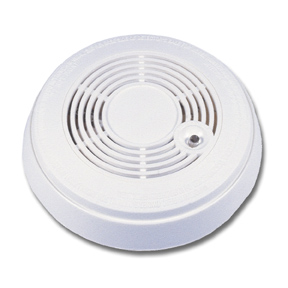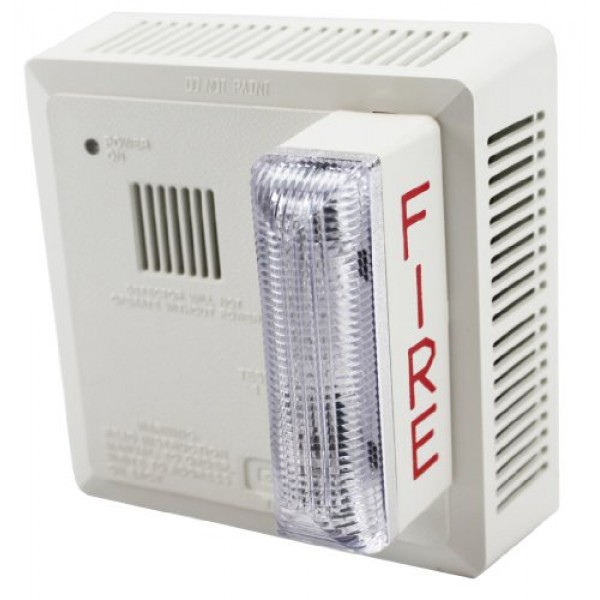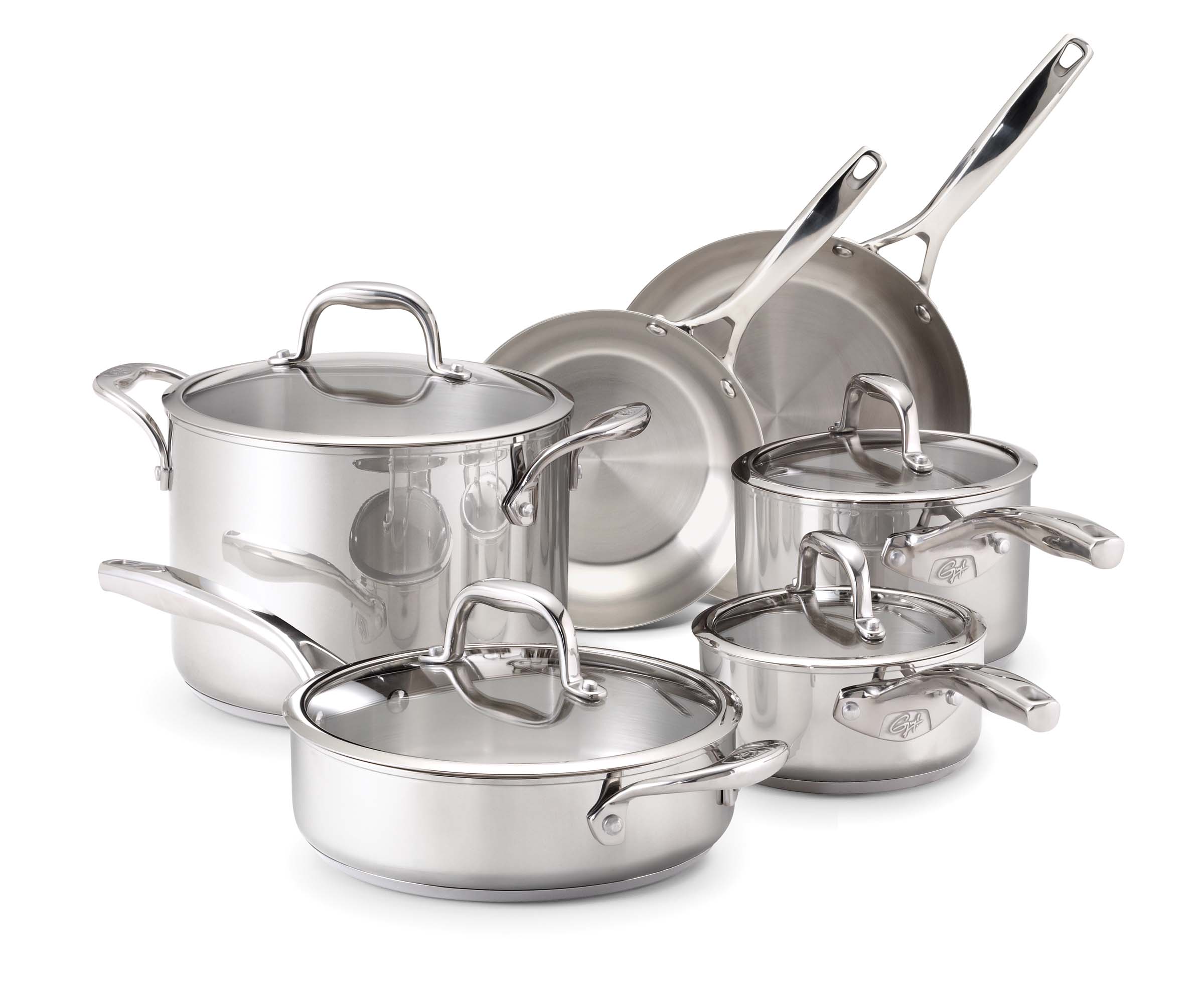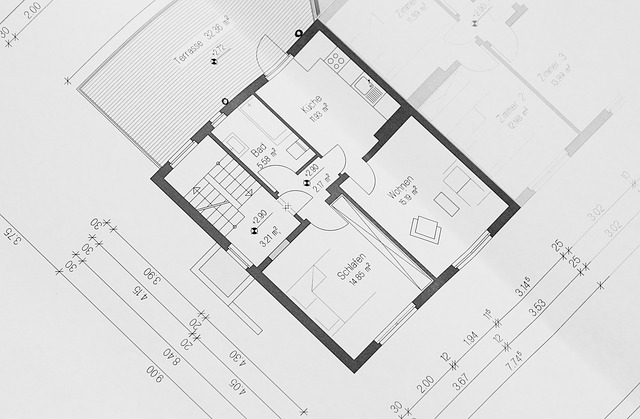Fire Safety Tips
Follow these fire safety tips to help prevent fires, protect your family and protect your home from danger!
Smoke Detectors

- Smoke alarms should be installed inside every sleeping room, outside each separate sleeping area and on every level. Ideally, smoke alarms should be connected so when one sounds, they all sound.
- All smoke alarms should be tested once a month to ensure full functionality of the device, and replaced every 10 years.
- CO alarms should be placed in central locations outside each sleeping area and on every level of the home and other areas required by the law.
Special Smoke Detectors

- If someone in your home is hard of hearing or deaf, smoke alarms and alert devices are available for people who are hard of hearing.
- When people who are deaf are asleep, a pillow or bed shaker can wake them so they can escape. The shaker is activated by the sound of a smoke alarm.
- Be sure to research the products that best meet your needs.
Smoking

- If you or someone you know smokes, try to avoid smoking inside if possible.
- When smoking inside be sure to use a deep ashtray that is placed away from anything that can burn.
- Do not discard cigarettes in vegetation such as mulch, potted plants or landscaping, peat moss, dried grasses, leaves or other things that could ignite easily.
Cooking

- Stay in the kitchen while you are frying, grilling, or broiling food. If you leave the kitchen for even a short period of time, turn off the stove
- Keep anything that can catch fire — oven mitts, wooden utensils, food packaging, towels or curtains — away from your stovetop.
Electrical

- Check electrical cords to make sure they are not running across doorways or under carpets. Extension cords are intended for temporary use. Have a qualified electrician add more receptacle outlets so you don’t have to use extension cords.
- When using major appliances like refrigerators, dryers, air conditioner, etc, should be directly plugged into the wall. Extension cords or power bars should not be used.
- Use light bulbs that match the recommended wattage on the lamp or fixture. There should be a sticker that indicates the maximum wattage light bulb to use
Escape routes

- Make sure to plan a route out of your house in case of a fire
- Have a meeting place outside a safe distance from the home and teach small children where to meet.
- Know more than one way out of every room.
